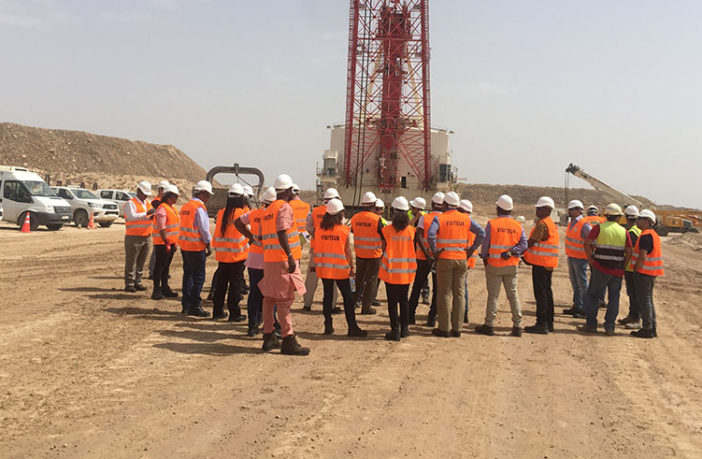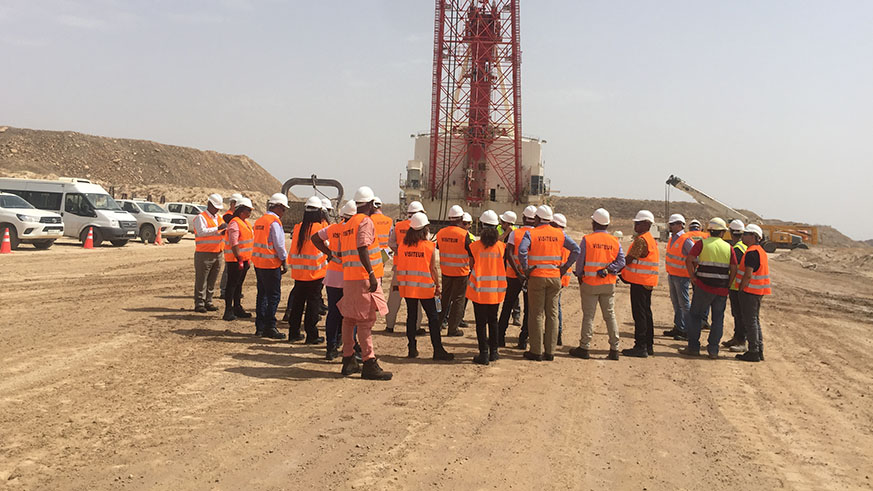New Times
Rwanda has entered into a fertiliser joint venture partnership with two private companies aimed at reducing the cost and increasing the supply of fertilisers and boost agricultural output.
The deal, which was approved by cabinet on Wednesday, involves a Rwandan firm, Agro Processing Trust Corporation (APTC), a Moroccan company known as OCP Africa as well as the Government of Rwanda.
The trio will jointly set up a soil fertiliser blending firm in the country to produce, market and distribute fertilisers.
Under the deal, OCP Africa is set to invest $6.3 million (about Rwf5.4 billion) in the project. OCP Africa is a subsidiary of the Moroccan public-private company, OCP Group, one of the leading phosphates producers in the world.
The New Times understands that the agreement will see OCP hold a majority 57.4 per cent stake in a new company, known as Rwanda Fertiliser Company, while APTC will hold 30 per cent and the Government 12.6 per cent.
Without divulging details officials said the land on which the manufacturing plant will be constructed has been identified and construction works will take between 12-14 months.
The framework for the agreement was agreed up between the two countries during the visit of Moroccan King Mohammed VI to Rwanda in October 2016.
“There’s been some behind-the-scene progress together with our Rwandan partners, since the announcing of the decision in 2016. We have been waiting for the approval of the joint venture from the Government of Rwanda to be able to match the establishment schedule,” said Jihane Ajijti, the Business Development Manager of OCP Africa.
“Parties are committed to improve fertiliser affordability to the benefit of farmers.”
The deal paves the way for the OCP to partner with the Ministry of Agriculture of Rwanda to address key barriers to the realisation of the country’s agricultural potential, by improving the quality fertilisers.
Farmers and agriculture experts in the country have recently expressed concerns over the use of the same fertilisers to different soils, which lowers output. The new company says it will update soil map and recommend the type of fertiliser to apply based on scientific data.
Agricultural activists say that the relatively low level of crop production in Rwanda is due to several factors, among them, application of generic fertilisers, which is not adapted to Rwandan soils and crops.
The joint venture will facilitate a shift away from generic fertilisers to tailor-made fertilisers.
The project is expected to reduce the price of fertilisers, as well as improve productivity and farmers incomes.
editorial@newtimes.co.rw








